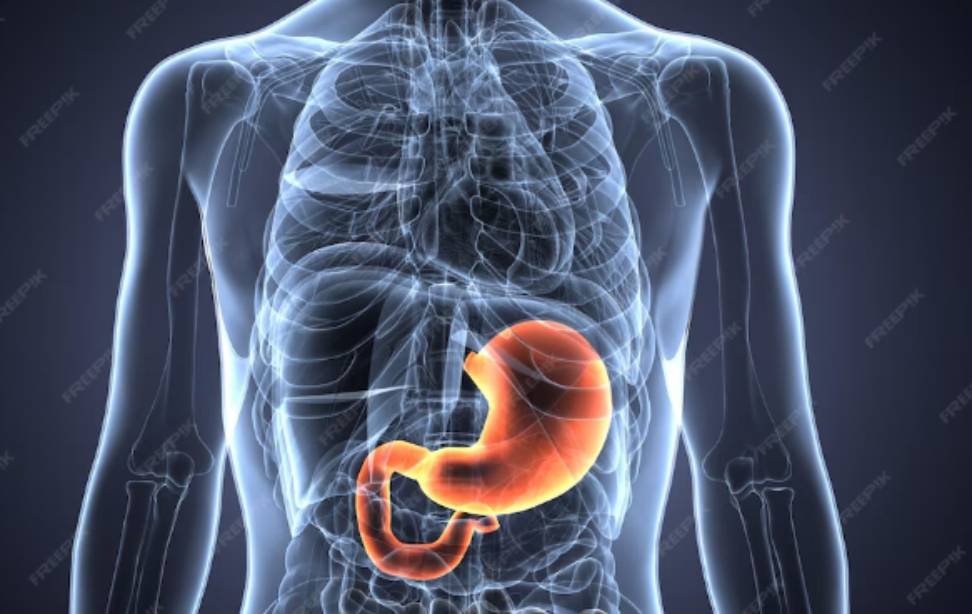Heart disease remains one of the leading causes of death worldwide, making awareness and early detection crucial for effective treatment and management. Understanding the early signs of heart disease can be life-saving. This blog will explore the early signs of heart disease, the symptoms of a heart attack, and why consulting a trusted heart doctor like Dr. Shuvro Bhattacharya, a cardiologist specialist in Hooghly, is essential for maintaining heart health.
Understanding Heart Disease
Before delving into the early signs, it’s important to understand what heart disease encompasses. Heart disease refers to various conditions affecting the heart’s structure and function. These include coronary artery disease, arrhythmias, heart valve problems, and congenital heart defects. Risk factors such as high blood pressure, high cholesterol, smoking, obesity, diabetes, and a sedentary lifestyle can contribute to the development of heart disease.
Why Early Detection Matters
Early detection of heart disease can significantly improve treatment outcomes. Many individuals may experience mild symptoms or none at all in the initial stages of heart disease. However, recognizing these early signs can prompt timely medical intervention, potentially preventing severe complications such as heart attacks or strokes.
Early Signs of Heart Disease
1. Chest Discomfort or Pain
One of the most recognized early signs of heart disease is chest discomfort or pain. This sensation can manifest as pressure, tightness, squeezing, or aching in the chest. It’s essential to note that this discomfort may not always be severe; sometimes, it can feel like mild indigestion or heartburn.
2. Shortness of Breath
Experiencing shortness of breath during routine activities or even at rest can indicate a problem with your heart. This symptom may accompany chest discomfort or occur independently. If you find yourself easily fatigued or unable to catch your breath after minimal exertion, it’s crucial to consult a healthcare professional.
▎3. Fatigue
Unexplained fatigue is another early sign of heart disease, especially in women. If you feel excessively tired without a clear reason—such as lack of sleep or physical exertion—this could signal an underlying heart condition. Fatigue may stem from the heart’s inability to pump blood efficiently, leading to reduced oxygen supply to the body’s tissues.
▎4. Palpitations
Heart palpitations are sensations where you feel your heart beating rapidly or irregularly. While occasional palpitations can be harmless, frequent occurrences may indicate an arrhythmia or other heart issues. If you experience palpitations accompanied by dizziness or fainting, seek medical attention promptly.
5. Swelling in Extremities
Swelling in your legs, ankles, or feet can be a sign of fluid retention due to heart failure. When the heart struggles to pump blood effectively, fluid can accumulate in various parts of the body. If you notice persistent swelling, especially if it’s accompanied by other symptoms like shortness of breath or fatigue, consult a cardiologist.
6. Lightheadedness or Dizziness
Feeling lightheaded or dizzy can result from various factors, but when combined with other symptoms like chest pain or shortness of breath, it may indicate a serious issue with your heart. These sensations can occur due to reduced blood flow to the brain caused by heart problems.
7. Nausea and Sweating
Unexplained nausea and sweating can be early signs of a heart attack, particularly in women. Some individuals may experience gastrointestinal symptoms rather than classic chest pain during a heart attack. If you experience sudden nausea along with sweating and other symptoms mentioned above, seek immediate medical help.
8. Sleep Disturbances
Studies suggest that individuals with sleep apnea—a condition where breathing repeatedly stops and starts during sleep—are at increased risk for developing heart disease. If you frequently wake up gasping for air or snore loudly, it’s essential to discuss these symptoms with a healthcare provider.
Recognising Early Signs of a Heart Attack
Understanding the early signs of a heart attack is equally important as recognizing general signs of heart disease. A heart attack occurs when blood flow to a part of the heart is blocked, leading to damage to the heart muscle.
Common Symptoms of a Heart Attack:
• Chest Pain or Discomfort: Often described as a feeling of pressure or squeezing in the chest.
• Radiating Pain: Pain may radiate to the arms (especially the left arm), back, neck, jaw, or stomach.
• Shortness of Breath: This may occur with or without chest discomfort.
• Cold Sweat: Sudden sweating without any apparent reason.
• Nausea or Vomiting: Feeling sick to your stomach can be a sign.
• Lightheadedness: Feeling faint or weak may accompany other symptoms.
It’s important to remember that not everyone experiences all these symptoms during a heart attack. Women are more likely than men to experience atypical symptoms such as fatigue and nausea.





